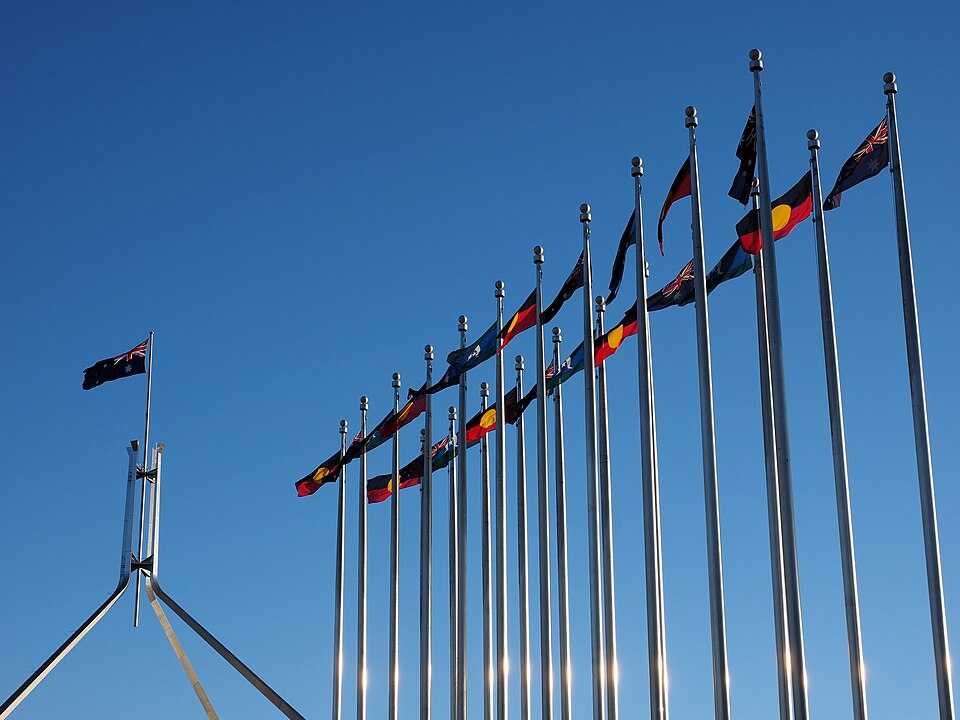As China expands its geo-economic footprint in the Persian Gulf through the Belt and Road Initiative, Japan has recalibrated its approach to the Middle East by deepening ties with regional actors like Saudi Arabia and the United Arab Emirates (UAE). Leveraging its technological expertise and quality infrastructure, Tokyo is positioning itself as a strategic partner through soft-competitive economic statecraft, offering an alternative to Beijing’s investments by focusing on niche areas such as renewables and energy transition.
As regional and global competition with China intensifies, Japan has progressively recalibrated its approach to the Gulf, a region where Beijing is increasingly vying for influence. For the People’s Republic of China (PRC), the Gulf represents a critical gateway for the realisation of its Belt and Road Initiative. China’s engagement with Gulf countries, driven primarily by geo-economic interests, emphasises “win-win” cooperation across energy, infrastructure, trade, investments, and especially high-tech sectors like nuclear energy, renewables, and space. Beijing is not, however, the sole Asian power relying on economic statecraft initiatives in this region.
In response to the PRC’s growing footprint, Japan has intensified its diplomatic and economic outreach to Arab countries. Tokyo heavily depends on Gulf partners for its energy sources, importing 95.3 percent of its crude oil from the region in 2023. Considering this dependency, Japan has long maintained economic and political ties with regional partners and has begun reframing these ties through a geostrategic lens. Historically, Japan’s Gulf policy has fluctuated between stabilising access to energy sources and aligning with Washington’s position. Since the mid-2000s, with the launch of the Kono Initiative, Tokyo has further sought to broaden and diversify its cooperation with Gulf partners, especially in areas such as economic, political, and cultural relations.
The rise of China and the shifting global balance of power have, however, prompted Tokyo to view the Gulf through a geostrategic prism, a development that experts have described as a “major shift.” Japanese officials have especially voiced growing concerns over Beijing’s infrastructure investments in the Gulf. For example, in a 2013 op-ed, Yuriko Koike, now Governor of Tokyo, warned that China’s “string of pearls” strategy would extend the Chinese Navy’s reach into the Persian Gulf and called for a proactive Japanese response. Similar concerns were echoed in Japan’s 2022 National Security Strategy, which criticised “opaque forms of assistance” designed to expand influence through infrastructure loans that ignore debt sustainability. Against this backdrop, Tokyo has advanced its own strategic vision of a Free and Open Indo-Pacific (FOIP), as an alternative framework focused on high-quality infrastructure investments. While FOIP primarily targets the Southeast Asian region, Tokyo has increasingly extended this vision to other areas, including Africa and the Middle East.
In the Gulf, Tokyo has especially prioritised partnerships with Saudi Arabia and the UAE. In both these cases, Japan has attempted to position itself as a reliable partner supporting these regional actors’ economic diversification and energy transition, a niche that Beijing also seeks to occupy. Japanese officials have expressed interest in promoting scientific and technological cooperation with Gulf partners. Similarly, the Keidanren, the Japan Business Federation, has underscored the need not only to secure stable energy supplies but also to support the Gulf’s long-term economic development and energy transition amid competition with foreign actors.
Tokyo’s deepening interest in engaging the region was further underscored by then-Prime Minister Fumio Kishida’s four-day visit to the region in 2023, during which Tokyo reached a series of bilateral and business-to-business agreements with Gulf partners across key sectors, including semiconductors, space and technology, critical minerals, and supply chain resilience. This momentum has continued with the 5th Japan-Arab Economic Forum, further consolidating Japan’s intent to serve as a partner for Gulf development.
Tokyo has especially expressed interest in cooperating towards the realisation of the Saudi Vision 2030. To achieve this goal, the Japan-Saudi Joint Group for Vision 2030, launched in 2016, formulated a strategic roadmap, the Saudi-Japan Vision 2030, finalised in 2020. A major focus of cooperation has been renewable energy. Leveraging Japanese technological expertise, Japan’s Ministry of Economy, Trade and Industry (METI), in cooperation with the Saudi Electricity Company, has promoted investments in hybrid renewable energy supply infrastructure. At the same time, Saudi Aramco, Saudi Basic Industries Corp, and the Institute of Energy Economics, Japan have partnered to build a supply network for low-carbon energy technologies, such as hydrogen and blue ammonia.
Cooperation with the UAE has followed a similar path. In 2018, Japan and the UAE launched the Comprehensive Strategic Partnership Initiative, which was updated in 2022 with the establishment of a CSP Committee for Cooperation, comprising five working-level sub-committees focused on specific areas of collaboration. As with Saudi Arabia, joint projects include cooperation on hydrogen and blue ammonia, as highlighted by a 2021 Memorandum of Cooperation between METI and the Abu Dhabi National Oil Company. Cooperation with the UAE further extends to space and defence. Most notably, the UAE is the sole Gulf country with which Japan signed an agreement concerning the transfer of defence equipment and technology.
While Japan cannot quantitatively compete with Chinese investments, it has instead leaned into its qualitative and technological strengths in an effort to soft-compete with Beijing and mitigate its growing influence in the Gulf. In doing so, it has created a niche for itself in the region, offering quality-driven energy and technology investments that align more closely with regional priorities than the hard security orientation typically associated with Washington’s China strategy.
While Tokyo’s competition with the PRC in the Gulf remains more subdued than in other regions where Japan retains more pressing interests, engagement with Gulf partners is increasingly viewed through a strategic lens. As the global scale of Sino-American competition intensifies, Tokyo is relying on its economic statecraft to position itself as an alternative to China’s growing economic and technological footprint in the region.
Japan’s soft competition through economic statecraft initiatives in niche areas, such as economic diversification and energy transition, offers a compelling model for regional engagement, as it appears to better address the specific needs and demands of the region. As such, it complements the security-centred framework of cooperation preferred by other actors, such as the United States. Through such initiatives, Tokyo has the opportunity to act as a more balanced counterweight to China’s extensive investments in the Gulf.
Alice Dell’Era is Assistant Professor in the Department of Security Studies & International Affairs at Embry Riddle Aeronautical University, Daytona Beach Campus. She is also a Research Fellow at the Italian Center for Geopolitical Studies Geopolitica.info, where she coordinates their China and Indo-Pacific Desk. Her research interests include Japan’s foreign and security policy, security discourses, and the US alliance structure in the Indo-Pacific region.
This article is published under a Creative Commons License and may be republished with attribution.



